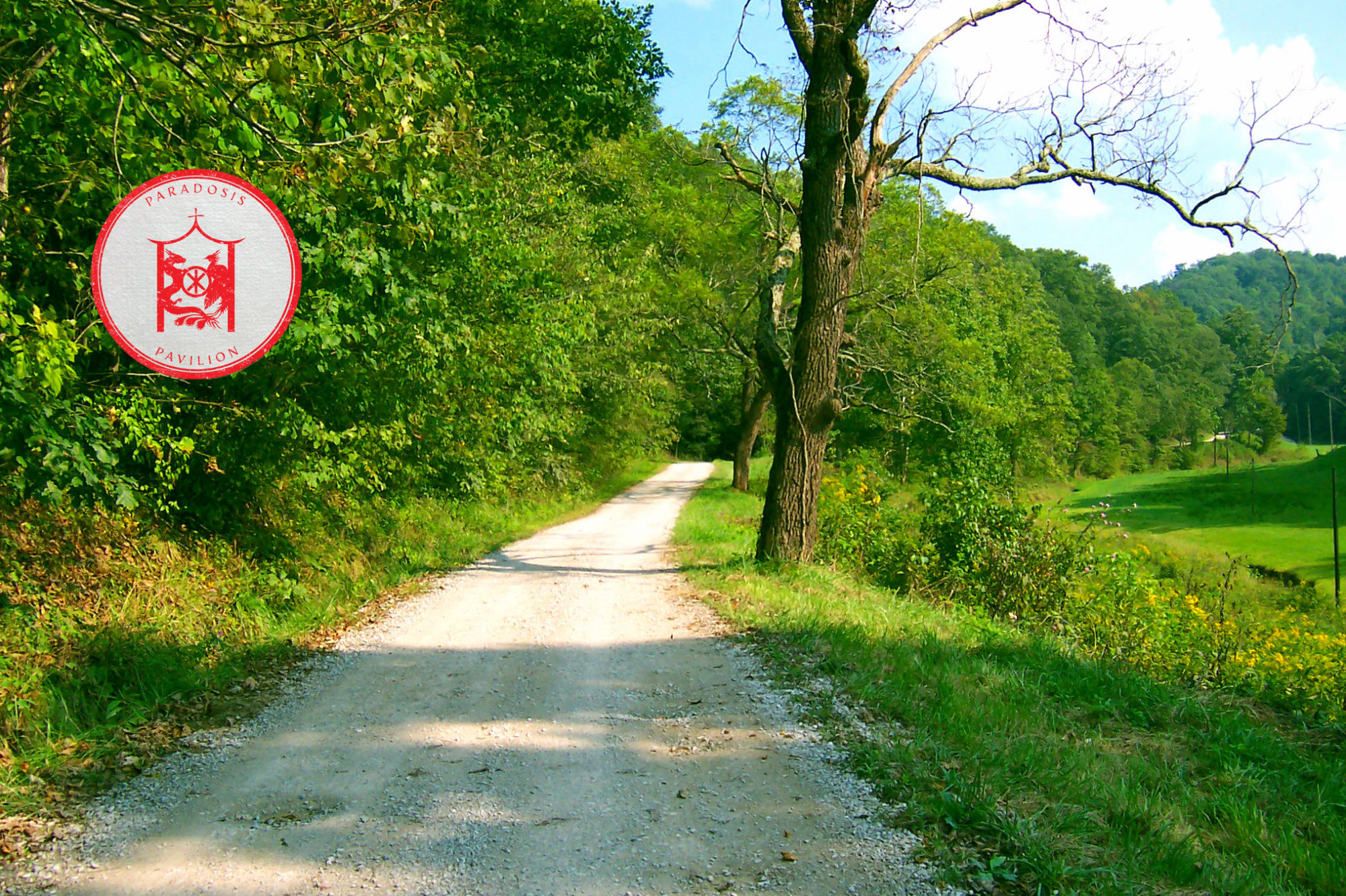
Today, we can easily connect to a seemingly endless ocean of information. Consider how scientific and technological advancements have changed our lives in the past few decades. Books, articles, movies, videos, images, and music are accessible in an instant.
We are citizens of the Kingdom of Heaven, yet we are not isolated from the society wherein we live. God loves us and we have a responsibility to love the people around us. We should use all knowledge with beneficial application to help others in the Name of Jesus Christ.
God is the source of all knowledge. All beneficial knowledge in the world belongs to us because we worship the Uncreated One Who made the universe. We belong to God, Who reveals all knowledge to human beings. Sometimes, rational knowledge is revealed to unbelievers. God loves them, too. Just as God would send rain to the crops of an Orthodox farmer and an atheist farmer, God may choose to bestow knowledge to humanity through the faithful and the faithless.
Every scientific discovery, movement in scientific and technological progress, and production of valuable literature and film is a gift from God. The physical and rational abilities we possess to successfully reach these accomplishments are likewise gifts from God. We should use our skills and abilities to nurture our souls, benefit others, and glorify God, Who loves mankind. The right response to acquiring knowledge of the universe is to give thanks to God and to use that knowledge for good according to the Way.
Although our society possesses so many good and useful resources for gaining knowledge, some of the resources available to us are harmful to the soul. So, need to use careful discernment to evaluate the content of available resources. An image may show you how to build a water purification system or an image could tempt you toward anger. A particular movie could help to soften your heart or inspire you toward faith, but another movie could tempt you toward the passion of lust. In fact, a single movie could contain a combination of beneficial and harmful elements. Much of written content available to us promotes opinions contrary to the Way, others express ideas in harmony with the Way, and still others present a mixture of truth and falsehood. When reviewing material, attentively pay attention to what is good and useful, while avoiding and disregarding what is bad and harmful.
A honey bee flies from flower to flower seeking the sweet nectar that is beneficial. It avoids the stinking rot of useless things. A fly, on the other hand, ignores the fragrant flowers and heads for the decaying garbage. In your encounter with information, behave like the bee. Be attracted by the helpful and repelled by the destructive. Rightly separate what is useful from what is harmful. Keep the good and discard the bad.
Read: Isaiah 5.20; Matthew 5.43-48; Philippians 4.4-9; 1 Thessalonians 5.16-22; James 1.17
Text copyright © 2018 by Fr. Symeon D. S. Kees




